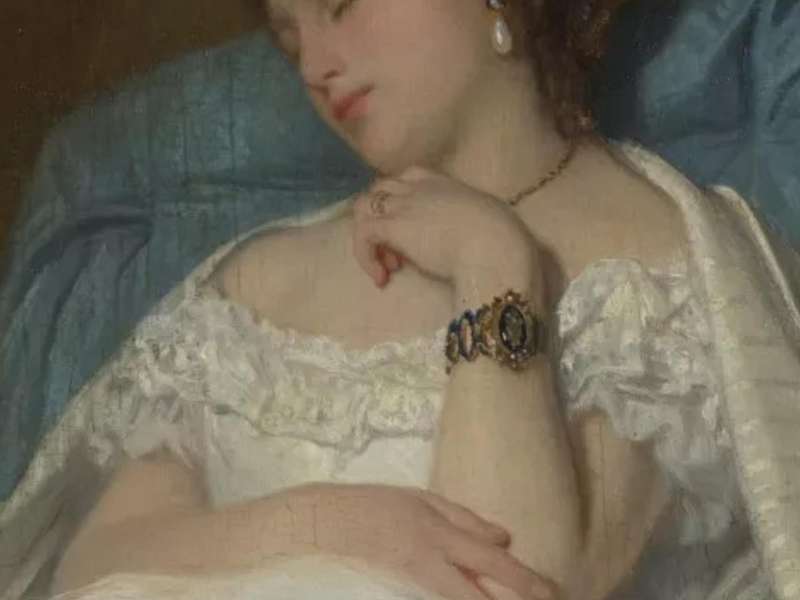
The Edwardian Era, Opulence and Glamour
Over 300 objects from the Royal Collection, including works by the most renowned contemporary artists of the period, including Carl Fabergé, Frederic Leighton, Edward Burne-Jones, Laurits Tuxen, John Singer Sargent and William Morris, tell the story of the Edwardian era.
阅读更多